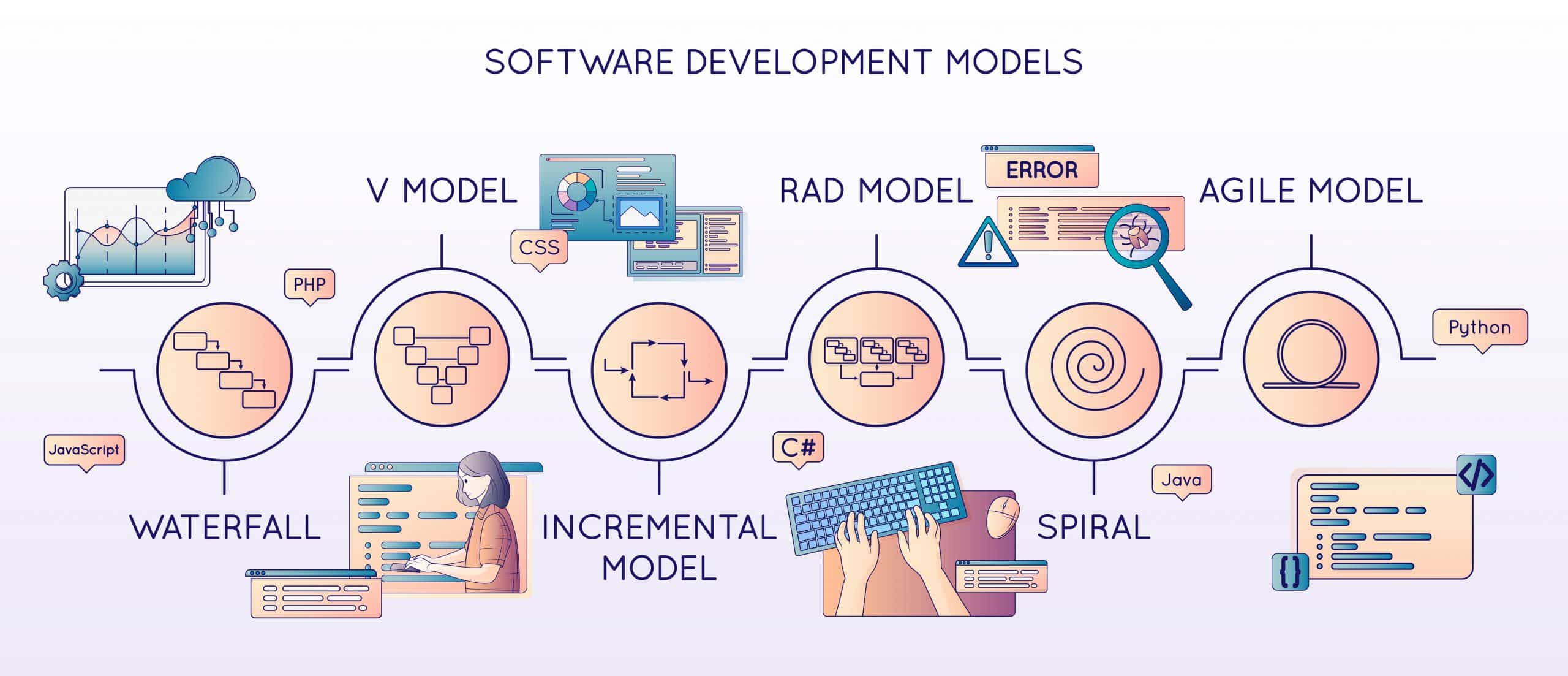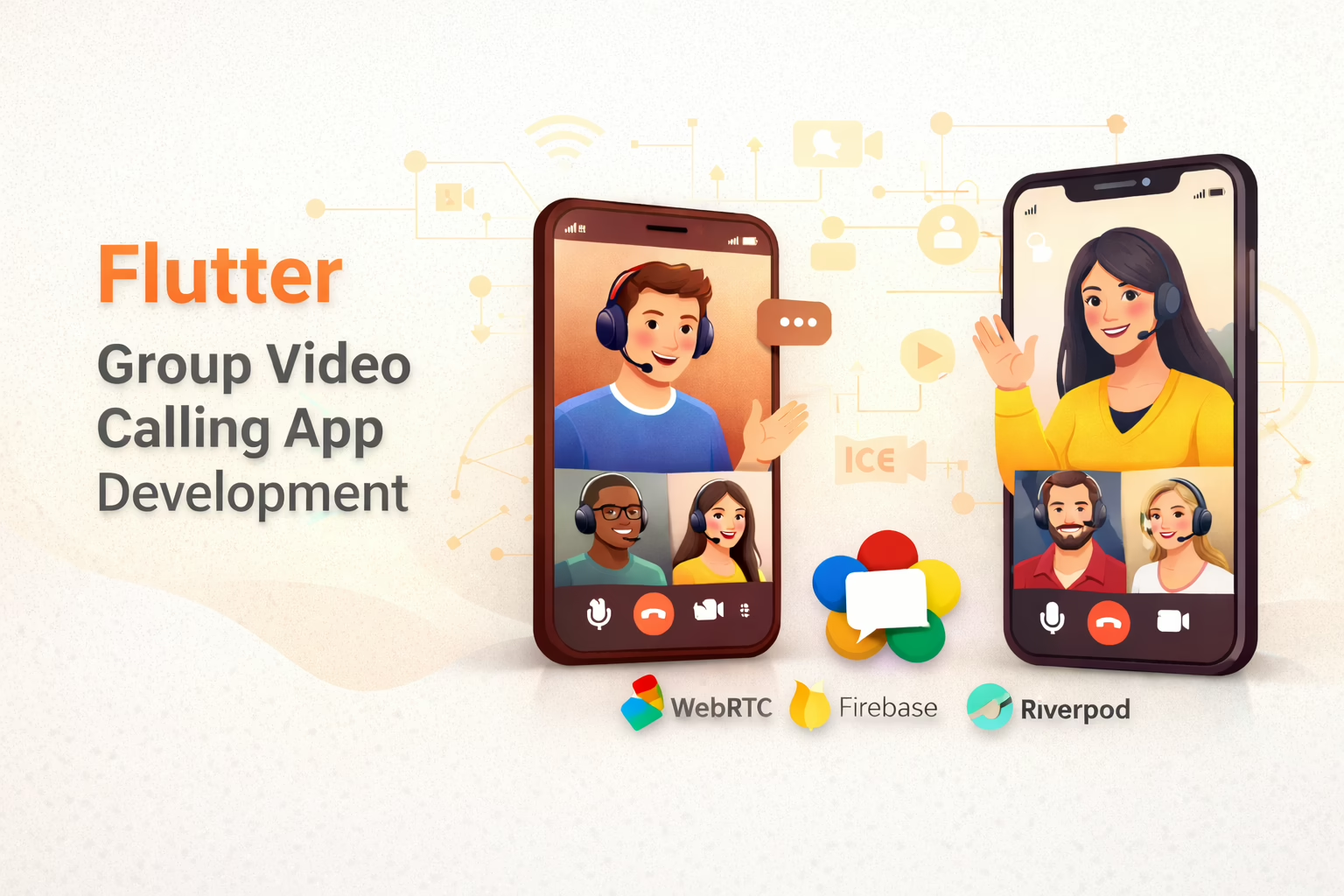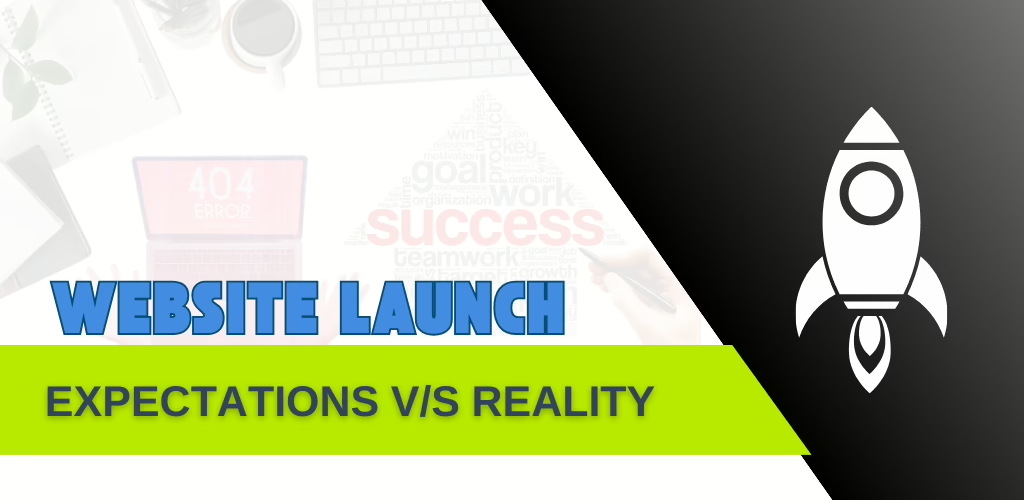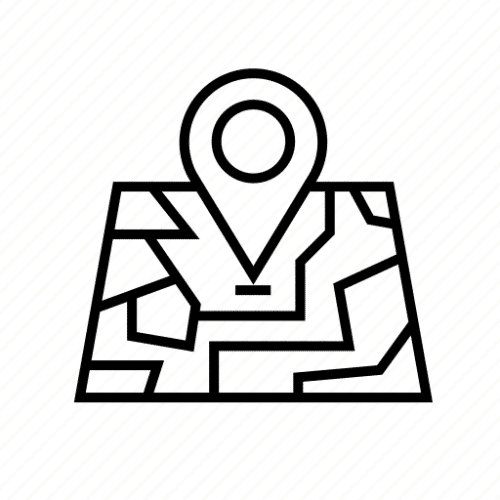The success of each project depends on selecting the right approach in the dynamic field of software development. With so many different approaches available, each with its own strengths and weaknesses, choosing the best approach can be difficult. In this blog, we’ll explore various software development approaches, their characteristics, and factors to consider when making your choice.
Understanding Software Development Approaches: Also referred to as methodologies or frameworks, software development approaches provide a systematic process for managing and executing software projects. These approaches control how teams plan their tasks, interact with one another, and deliver value to stakeholders.
Common Software Development Approaches:
Waterfall Model:
- The model is a linear and sequential approach to software development.
- It is divided into distinct stages, including design, implementation, testing, deployment, and maintenance.
- Advantages: Easily managed, with clearly defined phases.
- Challenges: Limited flexibility, changes difficult to incorporate late in the process.
Agile Methodology:
- An iterative and incremental approach emphasizing flexibility and customer collaboration.
- Break down projects into small, manageable iterations or sprints.
- Promotes adaptive planning, continuous improvement, and rapid delivery.
- Advantages: Adaptability to changing requirements, and customer involvement throughout the development process.
- Challenges: Requires a high level of collaboration and communication, which may be challenging for large-scale projects
Scrum Framework:
- Scrum is an Agile implementation that emphasizes value delivery in brief iterations known as sprints.
- Employs time-boxed iterations (sprints) with regular meetings (Daily Standups, Sprint Planning, Sprint Review, Sprint Retrospective).
- Perfect for groups working on challenging projects that need regular input and modification.
- Advantages: Clear roles and responsibilities, regular feedback loops.
- Challenges: Requires experienced Scrum Master and disciplined adherence to ceremonies.
Kanban Method:
- Kanban is a visual management tool that focuses on continuous delivery by limiting work in progress (WIP).
- It visualizes workflow on a Kanban board, with columns representing different stages of development.
- Advantages: Flexibility, focus on continuous improvement, easy to understand.
- Challenges: Lack of a defined process, may lead to inefficiencies without proper discipline.
DevOps Culture:
- A cultural and organizational approach emphasizing collaboration between development and operations teams.
- It emphasizes collaboration, automation, continuous integration, and continuous delivery (CI/CD).
- Advantages: Faster delivery cycles, improved quality, better collaboration between teams.
- Challenges: Cultural resistance, and complexity in implementing automation.
Factors to Consider When Choosing a Software Development Approach:
- Project Requirements: To choose the best course of action, evaluate the project’s requirements stability, complexity, and scope.
- Team Dynamics: Consider the size, skill sets, and preferences of your development team when selecting a methodology.
- Stakeholder Involvement: Determine the level of customer involvement and feedback required throughout the development process.
- Organizational Culture: Ensure alignment with the organization’s values, practices, and existing workflows.
- Risk Tolerance: Assess the risk elements of the project and the requirement for adaptability and flexibility in the face of changes.
Every project has to choose the appropriate software development approach to be successful. You can make an informed decision that maximizes productivity, and collaboration, and ultimately delivers value to stakeholders by knowing the features of different techniques and taking important elements like project requirements, team dynamics, and organizational culture into consideration. Whatever style you choose, the flexible Agile, the structured Waterfall, or a hybrid model customized for your needs, the important thing is to stay flexible and sensitive to changing project dynamics.
Sreyas is a prominent software web and mobile app development firm, boasting extensive expertise in UI/UX design. Our global presence allows us to offer a comprehensive range of services, including data migration, database management, web hosting, infrastructure management, and more to clients worldwide.







